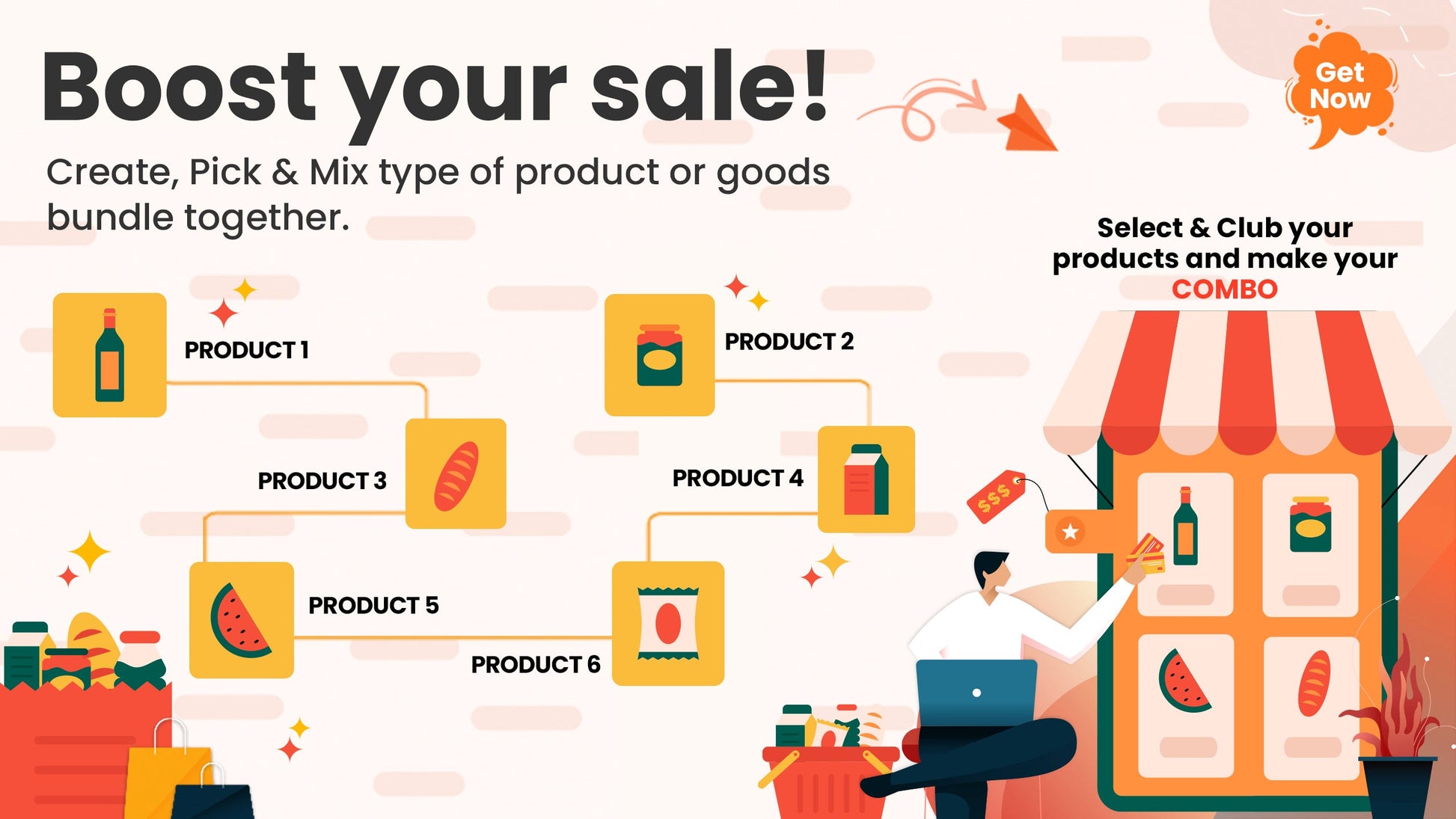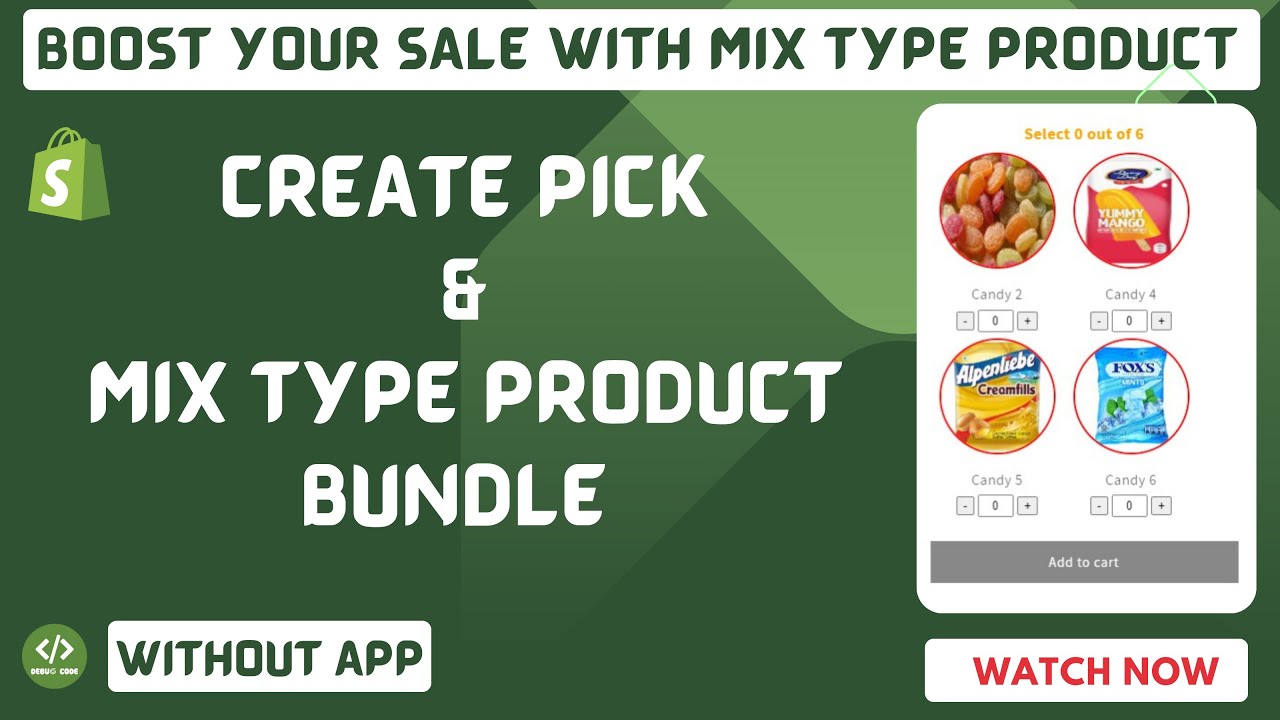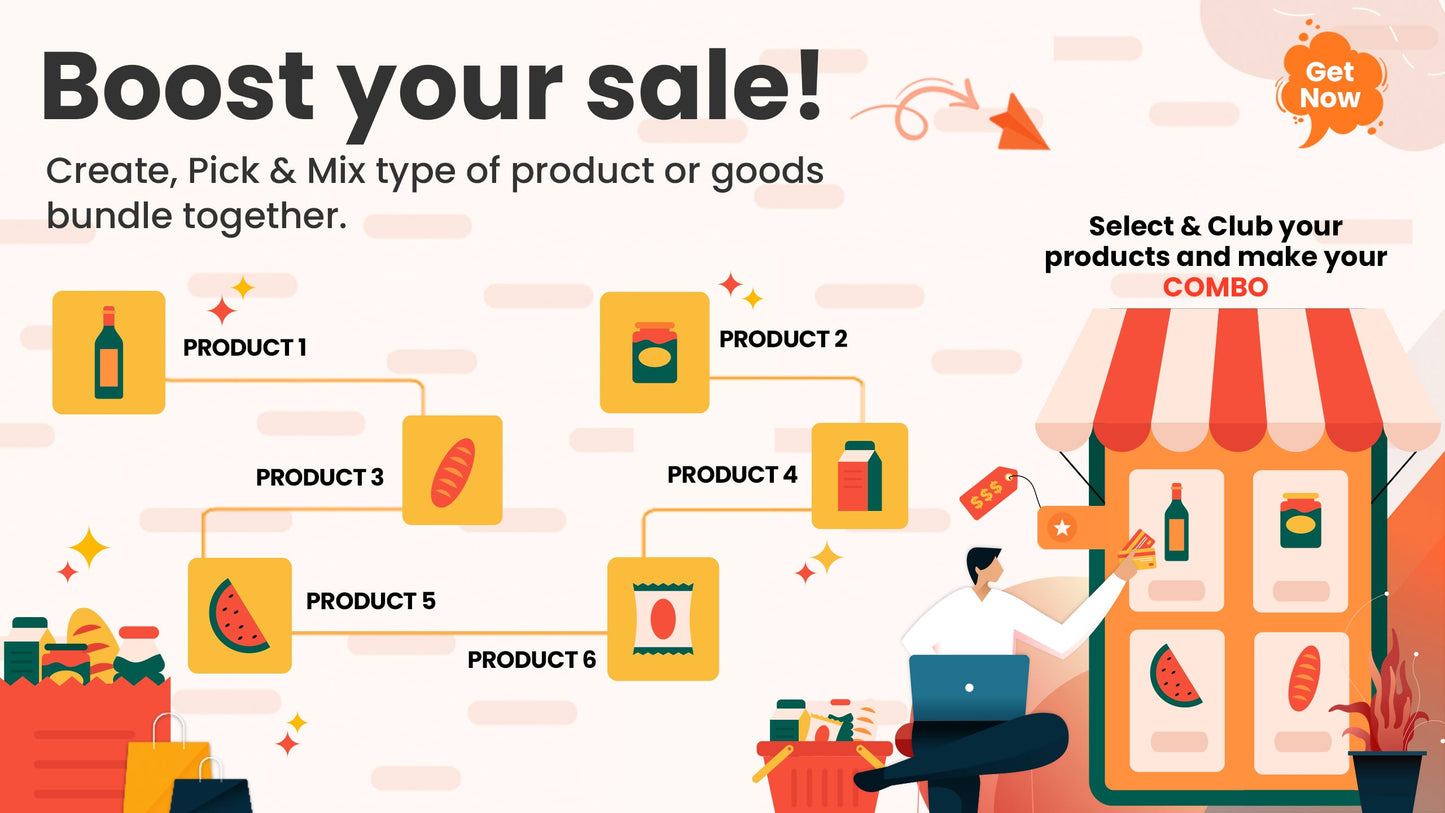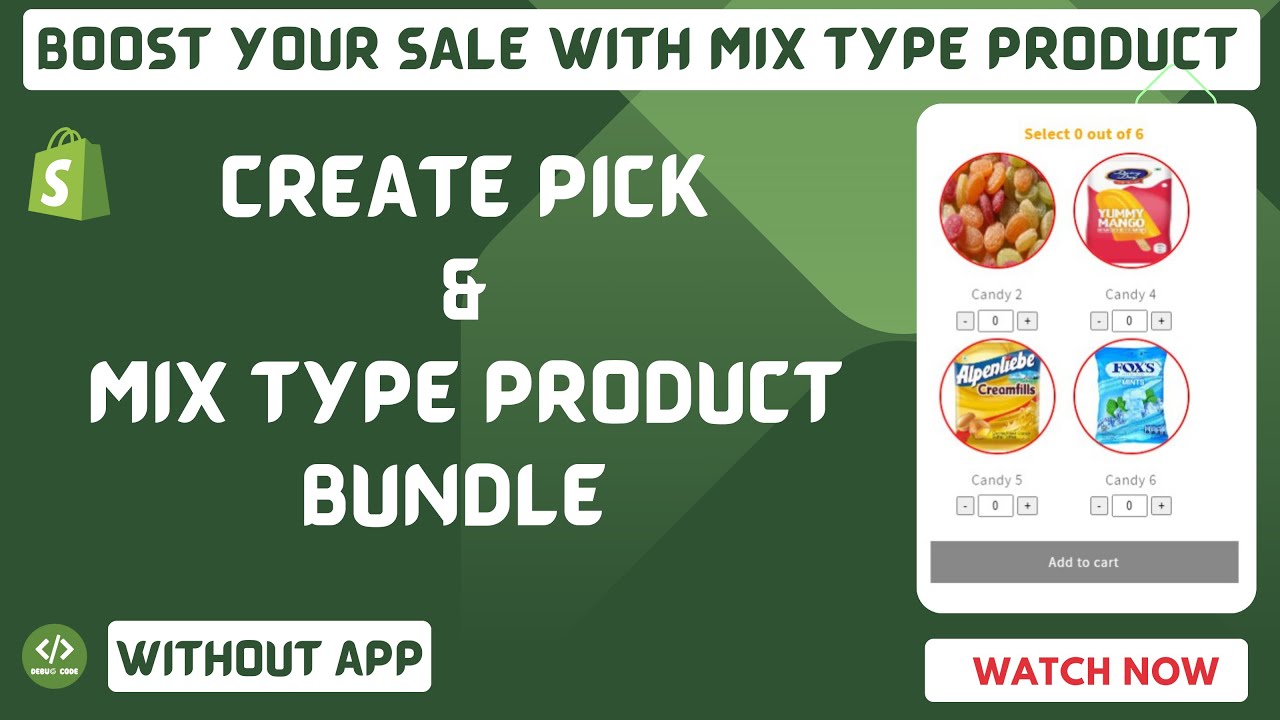One of the primary benefits is the ability for customers to personalize their products according to their preferences. Whether it's choosing colors, sizes, styles, or components, mix-and-match options allow consumers to create a customized product that suits their individual taste.
Versatility:
Mix-and-match products are often designed to be versatile, allowing customers to adapt the product to different occasions or settings. This versatility enhances the value of the product, as it can be used in various ways.
Increased Customer Engagement:
Offering mix-and-match options can boost customer engagement. The interactive nature of customization encourages customers to spend more time on the website, exploring different combinations and creating a product that aligns with their needs.
Unique Product Offerings:
Businesses can differentiate themselves by providing mix-and-match options. This uniqueness can attract customers who are looking for something distinctive and tailored to their preferences, setting the brand apart from competitors.
Higher Customer Satisfaction:
Personalized products often lead to higher customer satisfaction. When customers have the ability to create a product that meets their specific requirements, they are more likely to be satisfied with their purchase.
Encourages Multiple Purchases:
Mix-and-match promotions can incentivize customers to buy multiple items. Retailers often offer discounts or promotions for bulk purchases, encouraging customers to explore different combinations and increase their order size.
Reduced Inventory Risk:
For businesses, offering mix-and-match options can help reduce inventory risk. Instead of producing large quantities of pre-assembled products, businesses can produce components separately and assemble them based on customer orders, minimizing the risk of overstocking.
Adaptability to Trends:
Mix-and-match products are adaptable to changing trends and customer preferences. Businesses can easily introduce new components or styles to keep their product offerings fresh and aligned with the latest market trends.
Enhanced Brand Loyalty:
Providing customization options fosters a sense of connection between the customer and the brand. When customers feel that a product is uniquely theirs, it can lead to increased brand loyalty and repeat purchases.
Reduced Returns:
Customized products are less likely to be returned because customers have actively chosen the specifications. This can help reduce return rates and associated costs for businesses.
Market Research Opportunities:
By analyzing the mix-and-match combinations chosen by customers, businesses can gain valuable insights into popular preferences and trends. This data can inform future product development and marketing strategies.




